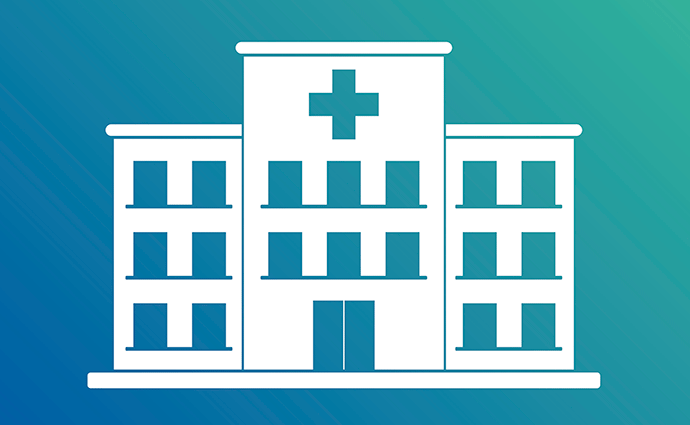Hospital Closures Increased in States Without Medicaid Expansion
Hospital closure rates dropped 0.33 per 100 hospitals in Medicaid expansion states, while hospital closures spiked in non-expansion states, a study shows.

Source: Thinkstock
- Hospitals in Medicaid expansion states were six times, or about 84 percent, less likely to face hospital closures than their peers in non-expansion states, a new Health Affairs study showed.
The hospital closure rate decreased by 0.33 per 100 hospitals in Medicaid expansion states from 2008 to 2016, while the rate increased by about 0.45 per 100 hospitals in non-expansion states in the same period, revealed the analysis of hospital financial data from CMS from 2008 to 2016.
“Access to healthcare is a fundamental element of our healthcare system,” stated co-author Richard Lindrooth, PhD, of the Department of Health Systems, Management, and Policy at the Colorado Schools of Public Health. “Our results suggest that if future policies are adopted that both eliminate the Medicaid expansion and lower health insurance coverage rates, we will see an increase in hospital closures, especially in rural areas.”
Expanding Medicaid eligibility for childless adults under the Affordable Care Act’s (ACA) Medicaid expansion option benefited hospital profitability, Lindrooth and his team explained.
The ACA targeted childless adults under the Medicaid expansion option. Policymakers intended for uninsured childless adults to enroll in Medicaid, thereby substituting uncompensated care for covered care.
With more low-income adults covered by Medicaid expansion efforts, hospitals in states that enacted the project prior to 2014 saw the Medicaid eligibility threshold rise for childless adults between 2008 and 2016.
The threshold increased 136 percent versus just 6.1 percent at hospitals in non-expansion states.
Hospitals in Medicaid expansion states also had Medicaid eligibility thresholds grow for adults with dependent children even though this population was not a top priority for the ACA.
“Among these changes, the difference between changes in thresholds for adults with dependent children was significant, reflecting a 40.8-percentage-point increase in poverty-related eligibility in expansion states vis-a-vis non-expansion states,” the study stated.
Increasing Medicaid eligibility thresholds meant hospitals were less likely to close. An increase of 100 percent of poverty in the threshold for childless adults made a hospital 2.5 times less likely to close than a hospital in a non-expansion state.
Researchers also found that hospitals located in areas with greater uninsurance rates before the expansion felt the most financial benefits from Medicaid expansion. This was particularly true for rural hospitals.
“The finding that the relationship was stronger at hospitals in areas with higher uninsurance rates strongly supports the link between hospitals’ financial viability and increased rates of health insurance coverage as a consequence of the ACA’s Medicaid expansion,” the study stated.
Fewer uninsured patients helped to boost hospital profitability in Medicaid expansion states. The analysis uncovered that hospitals in Medicaid expansion states saw their Medicaid and uncompensated care margins significantly fall. By 2016, hospitals in states that expanded Medicaid before 2014 reported a 0.106 percent decline in Medicaid and uncompensated care.
On the other hand, hospitals located in states that did not elect to expand Medicaid reported increasing Medicaid and uncompensated care margins. The margin increased by 0.12 percent on average.
With insurance coverage associated with hospital closure risk, policies that aim to increase coverage for individuals would benefit hospitals, researchers explained.
Historically, CMS has attempted to offset the financial losses of treating uninsured individuals, such as reimbursing hospitals that treat a greater portion of Medicaid and uninsured individuals Disproportionate Share Hospital (DSH) payments.
The federal agency also grants critical access hospital status to some rural hospitals. Critical access hospitals receive higher cost-based reimbursement rates from Medicare.
While these policies have helped hospitals overcome uncompensated care losses, coverage policies, like Medicaid expansion, allow hospitals to receive reimbursement at the point-of-service.
Researchers also warned that potential repeals of Medicaid expansion and other coverage policies under the ACA could result in hospital closures, particularly in rural areas.
“If policymakers repeal the ACA’s Medicaid expansion, many rural hospitals in expansion states will need additional subsidies to remain in operation. Policy alternatives include increased DSH payments, expansion of the critical access hospital program, and other mechanisms,” they wrote.
